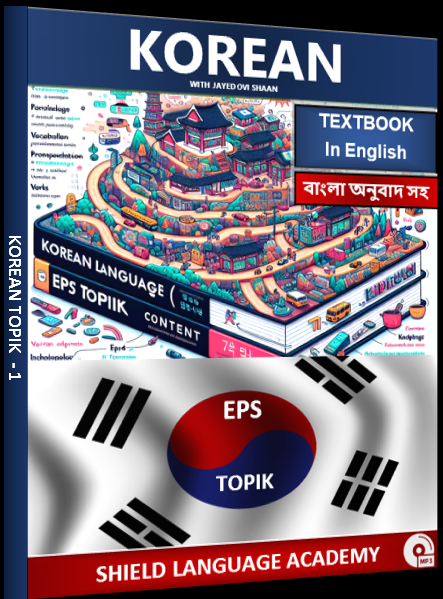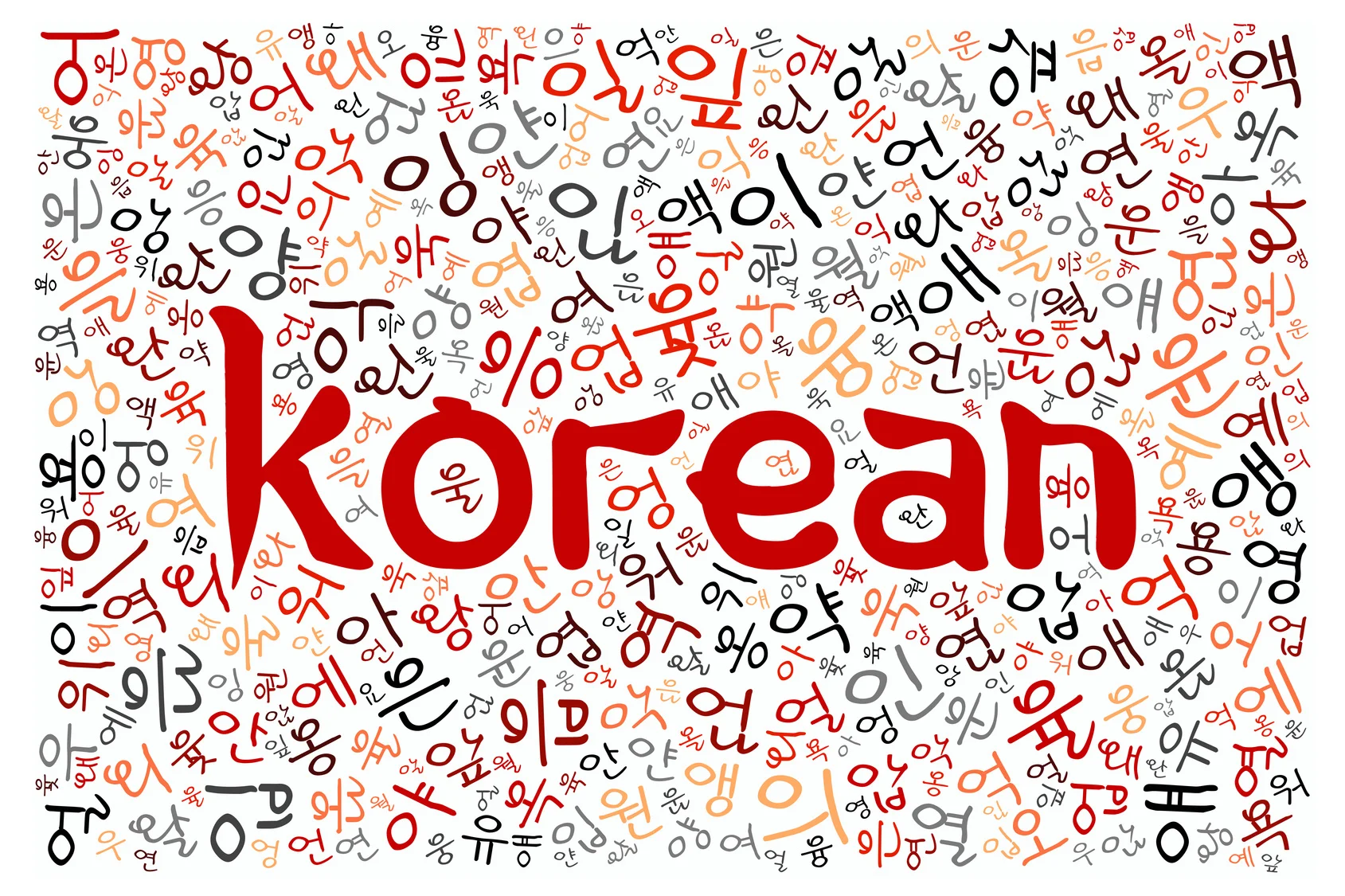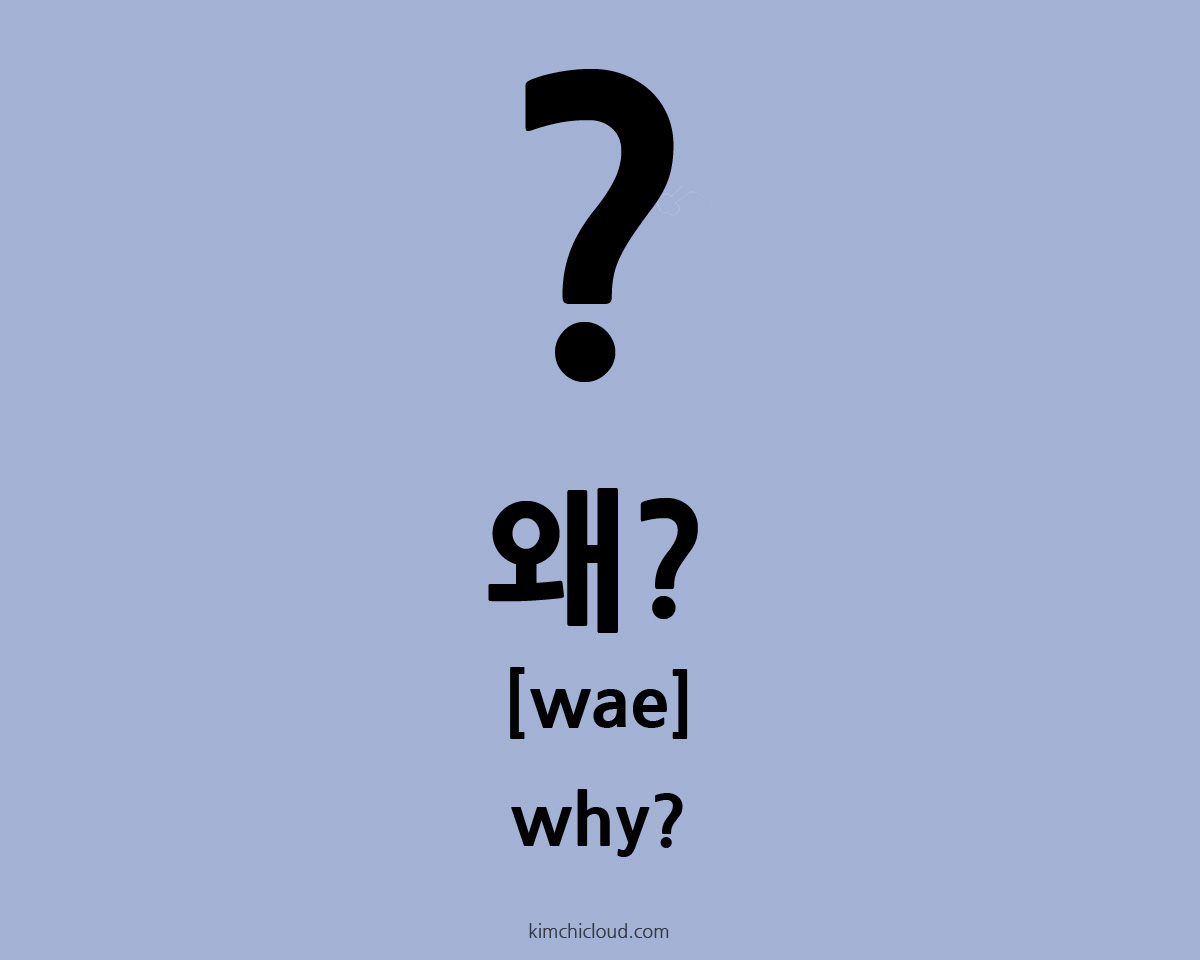Korean Language Course in Dhaka
Overview
The Test of Proficiency in Korean (TOPIK) is an examination that enables students to obtain one of the two internationally recognized certificates by the Korean government. Organized by the Korean government itself and hosted at Bangladesh Overseas Employment and Services Limited (BOESL).
Although this course is taken by those who wishes to go to South Korea for Education and Jobs, this course can also be taken in our center by individuals who wishes to learn and understand the Korean language as a hobby.
Korean Topik 1
( Textbook+Workbook+Audio)
Tk. 2900
Features of the Korean EPS TOPIK 1 Book
Multilingual Support: Every word is accompanied by English explanations, Bangla translations, and precise Bangla script pronunciation guides to ensure clarity and ease of understanding.
Audio Resources: High-quality audio files are available on our website to help learners master accurate pronunciation and improve listening skills.
Comprehensive Learning Materials: The book includes both a textbook and a workbook, providing a well-rounded approach that balances theory with practical exercises.
Beginner-Friendly Methods: Tailored for first-time learners, the book employs simple and effective techniques to facilitate easy comprehension and progress.
বইয়ের বৈশিষ্ট্যসমূহ:
বহুভাষিক সহায়তা: প্রতিটি শব্দের ইংরেজি ব্যাখ্যা, বাংলা অনুবাদ এবং সঠিক বাংলা উচ্চারণের নির্দেশিকা প্রদান করা হয়েছে, যাতে শিক্ষার্থীরা সহজেই বুঝতে পারে।
অডিও রিসোর্স: সঠিক উচ্চারণ রপ্ত করতে ও শ্রবণ দক্ষতা উন্নত করতে আমাদের ওয়েবসাইটে উচ্চমানের অডিও ফাইল উপলব্ধ।
সম্পূর্ণ শেখার উপকরণ: পাঠ্যপুস্তক এবং ওয়ার্কবুকের মাধ্যমে তাত্ত্বিক এবং ব্যবহারিক জ্ঞান অর্জনের জন্য একত্রিত শিক্ষার সুযোগ।
নবীন-বান্ধব পদ্ধতি: প্রথমবারের মতো শিখতে শুরু করা শিক্ষার্থীদের জন্য সহজ, কার্যকর এবং সমন্বিত শেখার কৌশল।





How is topik exam held?
Students are tested in 2 different components during the examination for TOPIK 1(Level 1-2): MCQs of Listening Comprehension, Reading Comprehension. Whereas, TOPIK 2(Level 3-6), besides the MCQs of Listening Comprehension, Reading Comprehension, there will be an additional Writing component.
There are 6 levels in the TOPIK examination. The Beginner examination consists of Level 1 & 2, Intermediate examination consists of Level 3 & 4, and Advance examination consists of Level 5 & 6. E.g. For the Beginner examination, the Level 1 pass or Level 2 pass awarded to students will be dependent on the bell curve.
Why sit for topik exam?
TOPIK is required for obtaining Korean permanent residency,
Entering universities in Korea as a foreign or Korean overseas student
Also used for applying to Korean companies in Korea and abroad.
Korean Government Scholarship Program Scholars taking the Korean language course must pass at least TOPIK level 3.
At least level 6 is required in order to become a Korean language teacher certified by the National Institute of the Korean Language.
Course outline
By the end of this course, you will already know enough to “get by” in Korean: you will be able to cope with the most common everyday situations by asking and answering simple questions, and you will be able to understand people when they speak to you about the situations covered.
Unit 1 - Greetings
You will be able to greet people in Korean, give your name and ask how people are.
Unit 2 - Professions
You will be able to ask and answer questions about your job in Korean; you will also be able to ask about and give your phone number.
Unit 3 - Nationalities and languages
You will be able to say where you come from in Korean and give the language you speak; you will also be able to ask other people about these subjects.
Unit 4 - Family
You will be able to talk about the people in your family (or, if you prefer, other people’s families) and say how old they are.
Unit 5 - Time and transport
You will be able to tell the time and give days and months in Korean; you will also be able to ask for a ticket on public transport.
Unit 6 - Freetime activities and weather
You will be able to say what you like or don’t like, and also talk about your freetime activities in Korean; you will also be able to say what the weather is like at the moment or at particular times of the year.
Unit 7 - Shopping for clothes
You will be able to ask about something in a shop in Korean, understand and talk about prices, and also describe clothes.
Unit 8 - Shopping for food
You will be able to talk about different meals, also food and drink; you will know what to say to buy these things from a shop using Korean.
Unit 9 - Accommodation
You will be able to book accommodation and check in using Korean, also know how to ask questions and talk about simple problems.
Unit 10 - Restaurants
You will be able to understand the main items on a menu and order a meal in a restaurant.
PART 2
By the end of this course, you will have expanded the range of situations which you are able to handle in Korean, and you will have begun to learn some basic grammar points; you can expect to be understanding more of what people say, and growing in your confidence to respond appropriately.
Unit 1 - Directions
You will be able to talk about where objects are in relation to one another and ask for directions to different places in Korean.
Unit 2 - House and home
You will be able to describe your home in Korean and say where in the house and in particular rooms things are to be found.
Unit 3 - Talking about people
You will be able to describe people, in terms of physical appearance and character.
Unit 4 - Free time
You will be able to talk about common free-time activities in Korean, and describe their appeal.
Unit 5 - Places in the world
You will be able to talk about cities and countries and where they are in relation to one another; you will also be able to describe how often you do something.
Unit 6 - Sickness and health
You will be able to say how you feel physically and talk about common medical conditions using Korean.
Unit 7 - At the supermarket
You will be able to describe what you are want to buy at the supermarket; also how to say that you are right or wrong, hot or cold, hungry or thirsty.
Unit 8 - At the chemist’s
You will be able to talk about things you need at the chemist’s in Korean, and both ask for and give reasons for wanting something.
Unit 9 - The big event
You will be able to talk about events and when they take place during the day.
Unit 10 - At the cinema
You will be able to describe a film in Korean and relate a simple story.



